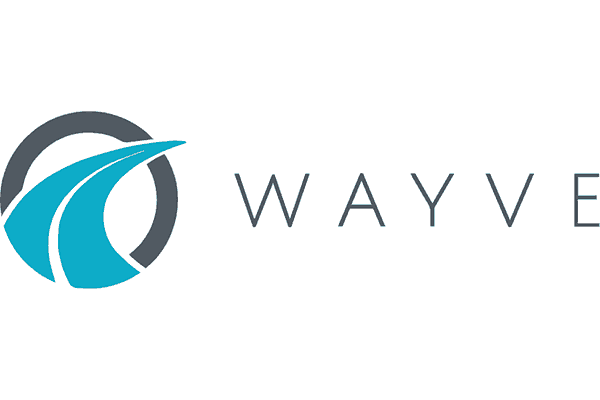AI chickens come home to roost.
- The chickens have finally come home to roost as Facebook has guided very badly for medium term as its weaknesses in AI are forcing to keep hiring humans to do the jobs that the machines are incapable of.
- The response was a 20% decline in the shares in after-hours trading.
- Outside of guidance, Facebook’s results themselves were fine, mirroring the good Q2 18 results from Alphabet (see here).
- Weakness in other stocks hit by the contagion is an opportunity to buy the dip as Facebook’s issues look to be very specific to Facebook.
- Q2 18 revenues / adj-EPS were $13.2bn / $1.74, slightly shy of forecasts on the top line but nicely ahead on profitability at $13.3bn / $1.71 respectively.
- However, for a stock priced to perfection, this was not enough and the stock fell around 7-8% before the conference call started.
- There was worse to follow on the call:
- First, H2 2018: Facebook expects a rapid deceleration of revenue growth in Q3 and Q4.
- This is a direct result of scale as it becomes increasingly difficult to grow at such high rates when a company hits this size.
- At the same time, Facebook’s focus on user engagement and the experience over monetisation means that there is simply less inventory to sell.
- This is now starting to make itself felt in the numbers as I have been expecting for some considerable time (see here).
- Second, AI and investments. The real surprise came with the revelation that in the medium term, Facebook expects operating margins to drop to the mid-30s down from the 44% reported in Q2 18.
- I think that this large drop in margins is a direct result of the company being forced to continue to invest even as revenue growth falls.
- There are two main problems that are causing this.
- First and foremost, Facebook’s weakness in AI (see here) and second, the fact that data growth is continuing and this data all needs to be housed somewhere.
- I have long flagged AI as Facebook’s biggest weakness (see here) the guidance given today is the first direct and tangible consequence of that problem.
- RFM research has found that excellence in AI is more about the time spent crunching data rather than how many clever people are working on creating algorithms.
- Facebook has very little experience in AI when compared to the likes of Google, Baidu and Yandex and, as a result, its algorithms are simply not good enough to scan all the data and efficiently and effectively remove the objectionable content.
- Consequently, Facebook has been and continues to hire humans to do this job which is something that they are not well suited to do.
- The net result is sustained growth in expenses that will outstrip slowing revenue growth resulting in the 900bp decline in operating margins indicated.
- Facebook’s overall strategy is to become a fully-fledged ecosystem where users spend the majority of their digital lives compared with the social network that it is today.
- Hence, I think that Facebook has lowballed the medium-term guidance because if this strategy is successful, long-term revenues and margins should end up higher than where the company is indicating today.
- This will take some time for the market to digest and I suspect that falling margins will weigh on the stock’s valuation for some considerable time to come.
- Hence, it is probably not too late to reduce a position in Facebook.
- However, now that reality has made it over the horizon and into the general consciousness, I will now be looking for the time when Facebook completes its ecosystem, gets its AI right, reduces its headcount and margins go back to the mid-40s.
- I may have a long wait.










Blog Comments
L'horizon financier de Facebook s'assombrit en raison de résultats décevants | | Le Public, journal politique, littéraire et quotidien
July 27, 2018 at 2:07 am
[…] de se développer à des taux si élevés quand un groupe atteint cette taille”, écrit-il sur son blog (en anglais). L’analyste ajoute que Facebook est forcé de recruter davantage de crew flow […]
Actu365 - L’horizon financier de Facebook s’assombrit en raison de résultats décevants
July 27, 2018 at 4:00 am
[…] de se développer à des taux si élevés quand un groupe atteint cette taille”, écrit-il sur son blog (en anglais). L’analyste ajoute que Facebook est forcé de recruter davantage de personnel […]
The Exit Of Instagram's Founders Is Good News For Facebook - Newsvibe
September 25, 2018 at 7:18 pm
[…] with slowing growth and collapsing margins (see here), Facebook can no longer afford to have these massively important assets simply chugging along […]
The Exit Of Instagram's Founders Is Good News For Facebook - Internet of This
September 25, 2018 at 7:21 pm
[…] with slowing growth and collapsing margins (see here), Facebook can no longer afford to have these massively important assets simply chugging along […]